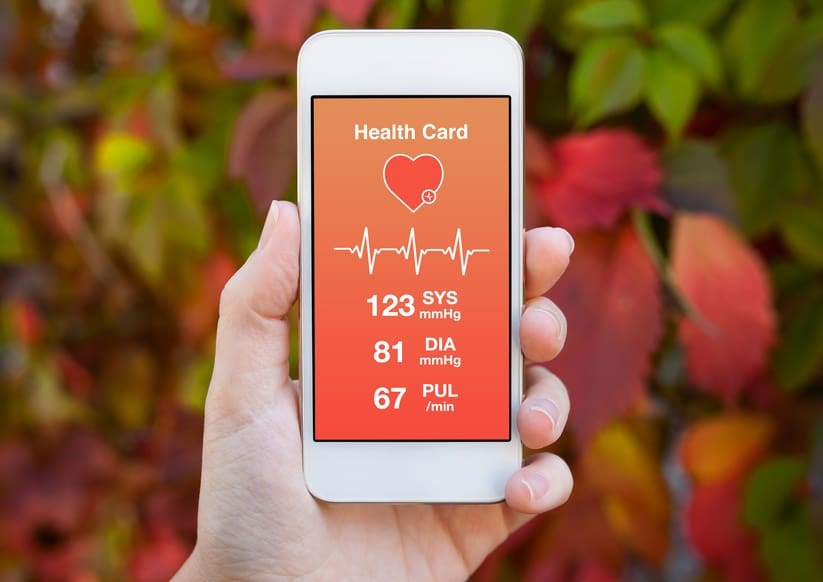While recently conducting anthropological research for several healthcare clients, my team and I have noticed something quite significant taking place: today’s consumers are seeking healthcare solutions in very different ways than in the past, now revolving around their convenience and satisfaction. As I state in a June 9, 2016 article published by FierceHealthcare, “today’s healthcare users are designing the care delivery system to match their personal tastes and styles—colored by their frustrations with their current physician and their overall experience with his/her practice.” Read my article here.
What follows is a synopsis of my discussion of some of the cultural shifts we observed in our research and how they will impact the entire healthcare landscape.
1. The “Yelp-ification” of the patient experience.
Today’s physicians must maneuver within tight time slots to see, diagnose and treat a patient. While they struggle to deliver excellent care and record it on patients’ medical records, patients feel rushed through the system with no time to speak with their doctor and little clarity as to what follow-up treatment. These frustrated patients are then going online and telling everyone what they thought of their experience, often citing poor access to the physician, bad parking and inconsiderate office staff.
2. Consumers are now relentlessly shopping online for care.
Healthgrades is the new “go-to” place for millions of people who go searching daily for a medical service. Why the dramatic rise in comparison shopping? People have large deductibles, are paying huge out of pocket expenses and want the best deal. As one interviewee said to us: “Aren’t all doctors the same?” Followed by, “Don’t they all practice evidence-based medicine?”
3. More than half of millennials use retail clinics, urgent care centers or emergency rooms for non-emergency care.
This is according to a survey by FairHealth. As one doctor, a millennial herself, said: “My generation is all about convenience and preventive health. We don’t want to see the doctor in person, which is one reason why we want to stay healthy.”
What does this mean for the medical community? That millennials, a generation accustomed to leveraging their purchasing power in the most expedient and hassle-free ways, are driving the retail clinic proliferation.
4. Baby boomers have their own frustrations with the current delivery of care.
Interestingly, baby boomers are facing the current changes in healthcare delivery with very different emotions and frustrations than their younger counterparts. Their doctors are too busy to see them for more than a few minutes, it’s hard for them to get their questions answered, and knowing what to do next is unclear. While they are “loyal” and have “relationships” with their PCP, they aren’t sure this is of much value to their health or their care when they need their doctor.
This is a perfect storm that must be addressed, not avoided.
What to do about this major upheaval in the way healthcare is being accessed and delivered? First, step back and re-think the entire system. Next, come up with ways to best provide care for a complex, multi-generational population that is now driving the solutions to their care rather than accepting what doctors, hospitals and insurance plans mandate for them. It’s an uphill climb but it must be done, and fast.
Could your business use a little anthropology?
SAMC’s anthropological research into the many ways today’s healthcare consumers are self-designing their care could lead to significant changes in the way healthcare is delivered. How could similar research help your business, revealing problems, solutions and possibilities for growth? Give us a call for a complimentary consultation.
Better yet, buy my new book and read all about how “a little anthropology” has worked for our clients.

Andi Simon, Ph.D.
Corporate Anthropologist | Blue Ocean Strategist
President, Simon Associates Management Consultants



